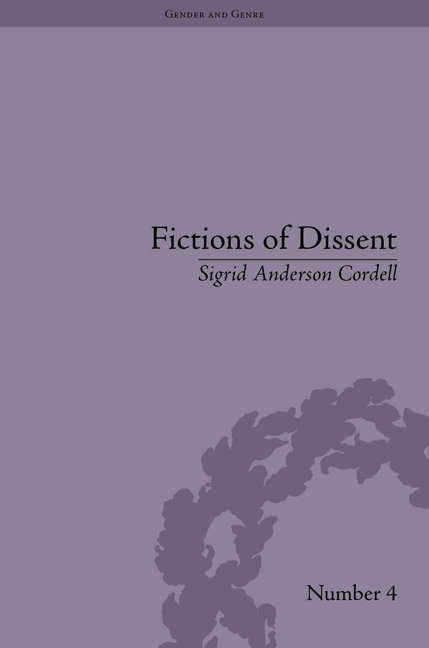 Fictions of Dissent
Fictions of Dissent Book contents
- Frontmatter
- CONTENTS
- Acknowledgements
- Introduction: The Muse's Revenge
- 1 ‘A Beautiful Translation from a Very Imperfect Original’: Mabel Wotton, Aestheticism and the Dilemma of Literary Borrowing
- 2 Vernon Lee and the Aesthetic Subject
- 3 Edith Wharton and the Artist as Connoisseur
- 4 The Aesthetics of Ownership in Women's Stories
- Notes
- Works Cited
- Index
1 - ‘A Beautiful Translation from a Very Imperfect Original’: Mabel Wotton, Aestheticism and the Dilemma of Literary Borrowing
- Frontmatter
- CONTENTS
- Acknowledgements
- Introduction: The Muse's Revenge
- 1 ‘A Beautiful Translation from a Very Imperfect Original’: Mabel Wotton, Aestheticism and the Dilemma of Literary Borrowing
- 2 Vernon Lee and the Aesthetic Subject
- 3 Edith Wharton and the Artist as Connoisseur
- 4 The Aesthetics of Ownership in Women's Stories
- Notes
- Works Cited
- Index
Summary
In a pivotal moment in Mabel Wotton's short story ‘The Fifth Edition’ (1896), Janet Suttaby, a struggling writer unable to find a publisher for her novel, offers the rising literary star, Franklyn Leyden, her manuscript, telling him, ‘If you really think there is any good in it … it must either go back to the drawer until I have time to polish it, or … you must take it’. Miss Suttaby offers almost no explanation for her act, nor does she outline what she expects Leyden to do with the manuscript, so when Leyden accepts, rewrites and then publishes it under his own name, he has not done anything that she has explicitly forbidden. Nevertheless, his appropriation of her work is clearly marked in the text as ethically compromised, especially when Miss Suttaby' subsequent death from starvation underscores her desperate need for the money that the sale of a novel would have brought. At the same time, the text offers a much more nuanced critique of Leyden's actions that reaches beyond the ethics of plagiarism and into the realm of literary invention itself; as Leyden revises the manuscript, his creative act is bound up with a parasitical translation of Miss Suttaby herself into text, and he is thus implicated as a fraud on the grounds of both literal and figurative appropriation. In this way, the appropriated manuscript becomes a metaphor for the uneasy relationship between art and life, a concern that is central to fin-de-siècle literary culture.
- Type
- Chapter
- Information
- Fictions of DissentReclaiming Authority in Transatlantic Women's Writing of the Late Nineteenth Century, pp. 23 - 48Publisher: Pickering & ChattoFirst published in: 2014
